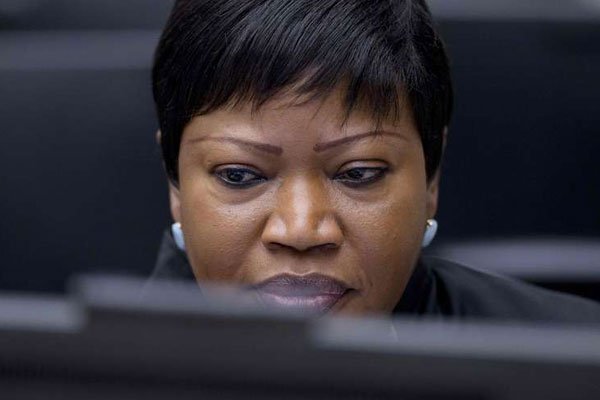The International Criminal Court’s chief prosecutor scolded the United Nations on Tuesday for failing to take action in the case of Sudan’s president, whom the ICC is seeking to arrest on charges of genocide.
In response, Egypt’s delegate to the UN Security Council rejected the prosecutor’s complaints and cited the African Union insistence that the case against Sudanese leader Omar al-Bashir should be suspended.
Angola’s representative to the 15-member council likewise endorsed the AU’s stand, while Sudan’s UN ambassador accused the ICC of acting on the basis of political expediency rather than serving the cause of justice.
ICC prosecutor Fatou Bensouda had expressed exasperation in her report to the Security Council on the seven-year-long effort to put Mr Bashir on trial in the Hague for crimes allegedly committed in Darfur.
The victims of those crimes are “puzzled and dismayed by the council’s lack of action,” Ms Bensouda said. The Security Council’s failure to insist on enforcement of the ICC arrest warrant “has emboldened states to host Mr Bashir,” the chief prosecutor added. The UN risks losing credibility when a person charged with the most serious crimes is “traversing the globe with impunity,” Ms Bensouda said.
She noted that Mr Bashir has crossed international borders 131 times since 2009 despite ICC calls for his arrest. On 14 of those occasions, Ms Bensouda said, Mr Bashir has visited countries that are parties to the ICC treaty and are thus required to carry out the court’s arrest warrants.
She referred specifically to Uganda and Djibouti, noting that those two countries had been formally found to be in non-compliance with their obligations as parties to the treaty establishing the ICC. Their refusal to arrest Mr Bashir when he was in their respective territories caused the ICC to refer Uganda and Djibouti to the Security Council in July for possible sanctions.
Egyptian envoy Amr Abdellatif Aboulatta said in response on Thursday that African states reject any measures that might be taken against them for their non-cooperation regarding the case against President Bashir.
“ The Court should not take any measures that would affect the peace, security, sovereignty and territorial integrity of the states of the continent, while respecting the norms of international law pertaining to immunity for presidents and high officials during their mandate,” the Egyptian envoy declared.
©Alleastafrica and Daily Nation



